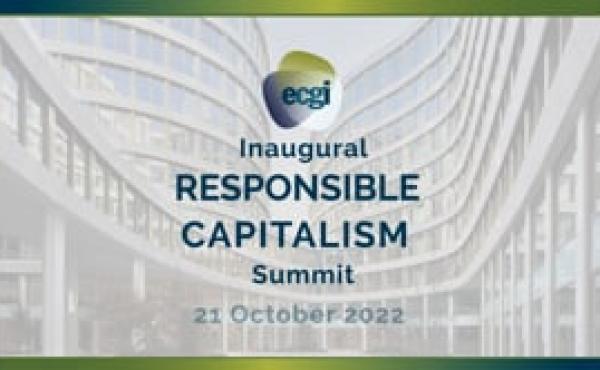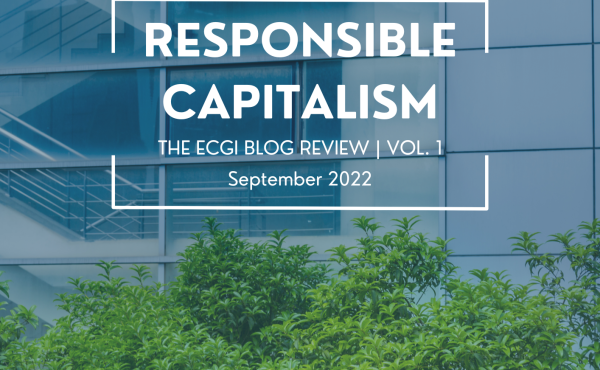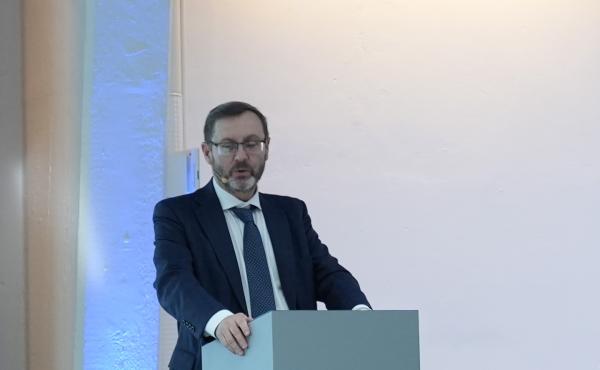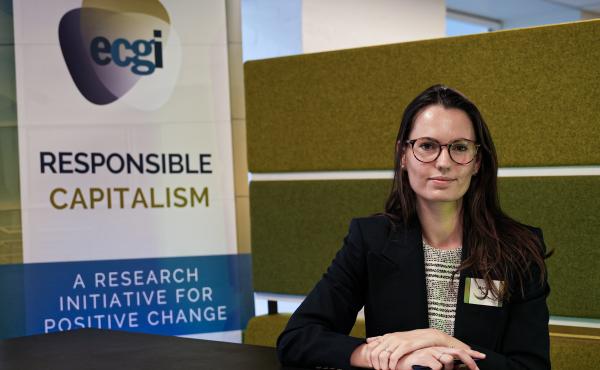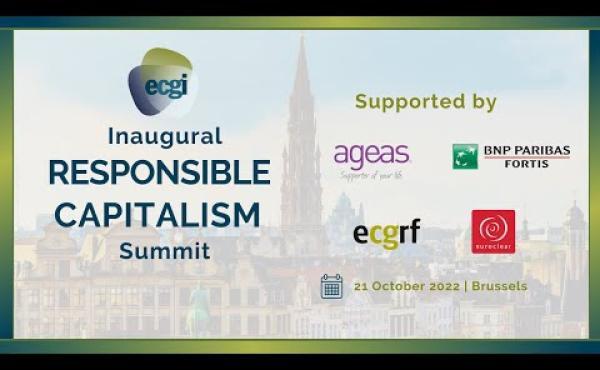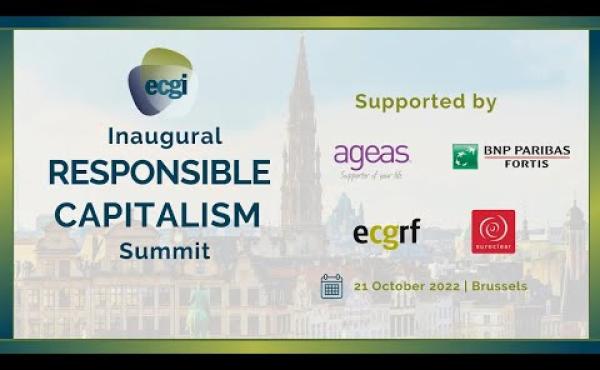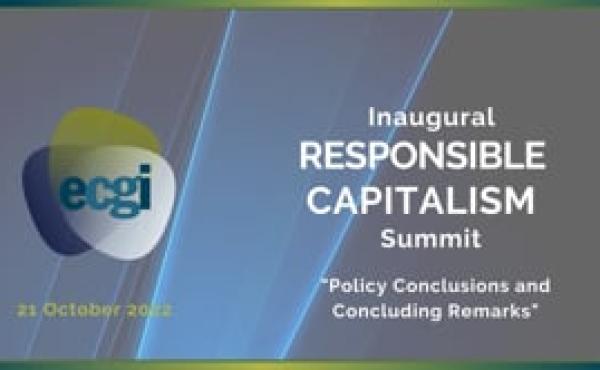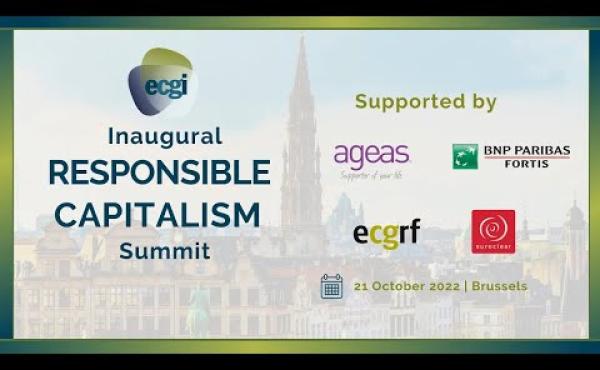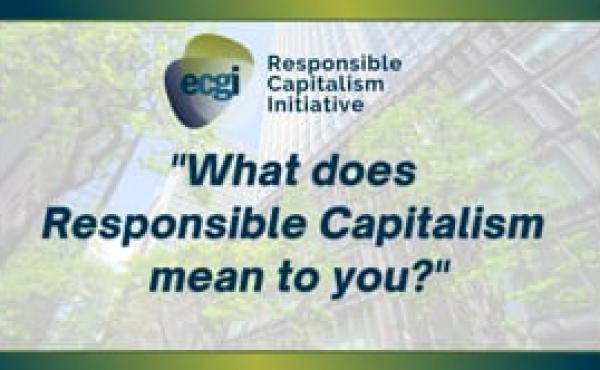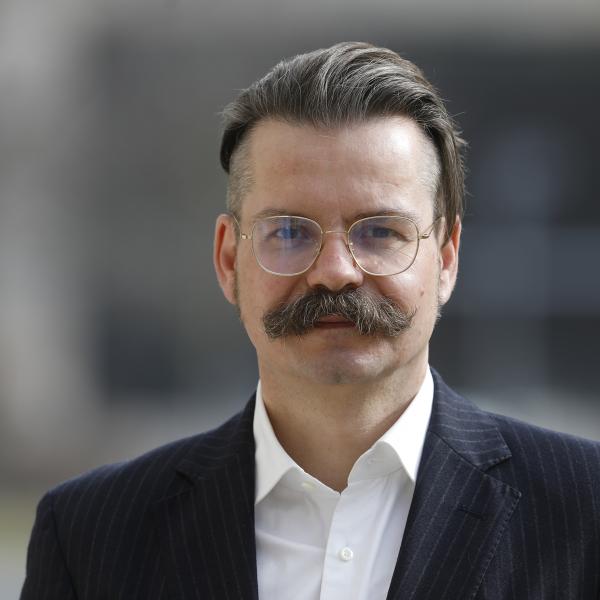Responsible Capitalism
An ECGI initiative to help foster an economic system that accommodates private ownership and the pursuit of market opportunities while achieving societal goals.

There is a tension between promoting competition in global product and capital markets and the type of coordination that is needed to address environmental and social challenges.
Join us in Berlin on 10 September 2024
for the next Responsible Capitalism Summit:
A Decade After Paris:
Accelerating Progress Towards Net-Zero
The opportunities & challenges for companies, boards and markets
hosted by
The French Embassy in Berlin
Highlights from the 2022 Inaugural Responsible Capitalism Summit
Business must act more responsibly
Capitalism is a system for the creation and distribution of wealth but it does not work perfectly. It has many shortcomings.
Economic history suggests that per capita income levels in countries where capitalism is the dominant system are higher and grow faster over a longer period than in countries that have tried other systems. Other systems, certainly large ones, have not fared better on ecological measures. Our aim is to acknowledge the shortcomings and failures of capitalism and to foster ways to improve it.
The issues of sustainability, inequality and exclusion create new challenges for capitalism and corporate governance. Stimulating capitalism to act more responsibly is an effective way to make markets, companies and governments respond to today’s ESG challenges while safeguarding creativity, innovation, and climate-compatible growth.
~ Baron Herman Daems, ECGI Chair
There is almost no country today that has not organised its economy around market exchange and private property. Yet, capitalism comes in different forms, including state-led capitalism in East Asia and the system of capitalism often considered foremost, in Northern America, Europe and other regions.
Capitalism hardly comes in a pure form. Markets and governments are always involved but their relative influence differs across countries and time periods. In all its iterations, capitalism is facing a major crisis.

In the last two decades we have witnessed the near collapse of the global financial system, a falling labour income share and a rise in inequality. We are no longer talking about climate change and pollution, but about climate crisis and ecological collapse.
Public spending is at an all-time high, yet in 2019 only 45% of citizens living in OECD countries trusted their government. The rise in populism and disenchantment with globalisation are undermining the long-accepted post WWII free-market order.
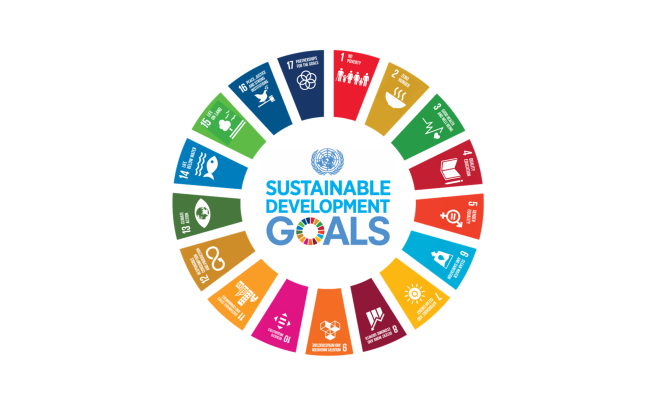

In 2015, looking towards a new vision of capitalism, the UN General Assembly adopted a 2030 Agenda for Sustainable Development and its 17 Sustainable Development Goals, including climate action and reduced inequality.
It was a start, but volunteer initiatives and pledges have so far proved inadequate to restore a system that works for all. In 2020 the Covid-19 pandemic further exposed and accentuated the failings of the capitalist system.
Research Questions
There is widespread agreement that corporations and finance must play a central role in reshaping capitalism, but there is no agreement yet what this role should be. For example, there is a tension between promoting competition in global product and capital markets and the type of coordination that is needed to address environmental and social challenges.
How can companies adopt costly environmental or social standards when their competitors do not? The principle of “doing well by doing good” does not apply in all situations. More fundamentally, the profit motive itself has been called into question, even when defining profits long-term.
- What is the role of investors?
- Should investors engage with companies to bring about change or invest selectively?
- Should institutional investors aggregate the social preferences of their clients, or is such a pursuit reserved for politics and government?
- What should be the role of government?
- Responsible capitalism relies on government and regulation to define the rules, but what if corporations influence government outputs?
- Are government officials motivated and competent in implementing policies without help from investors and/or business?
These are just a few of the questions that we seek to explore.
Join us on this important quest 👇
In Focus: A research journey
Join Marleen Och as she journeys through the available research in search of insights on directors' oversight duties, equal representation on boards, coordinated shareholder activism and more.
Blog: Network insights
Browse the many articles that feature in the ECGI Blog series' on Responsible Capitalism, Diversity, Climate Change, Corporate Purpose, and more.
Collection: Research Papers
Access hundreds of papers from leading researchers around the world to gain detailed knowledge about how our economies and businesses operate.
We must work together to ensure meaningful progress.
ECGI is a membership-funded network which relies on additional funding from sponsors, donors and grants to deliver effective results under this initiative. There are many ways to support this initiative, including becoming a member today. Learn more and get in touch to discuss the opportunities.
Corporate Purpose
Is the primary purpose of a corporation to benefit its shareholders, and are returns to shareholders to be prioritised over other social objectives? Join the debate by following our Corporate Purpose pillar led by Professors Colin Mayer, Jennifer Hill and Jordi Canals.
Responsible Investment
Can investment practices really move the needle in generating “tangible” sustainability improvements? What do we learn from research on greenwashing and its economic and societal costs? Follow our pillar on Responsible Investment led by Professors Rajna Gibson and Caroline Flammer.
Family Capitalism
Can family firms be a force for good in a world with increasing global challenges, where global competition makes business more powerful and undermines the social stability of societies? Follow our Family Capitalism pillar led by Professors Morten Bennedsen, Anete Pajuste and Yupana Wiwattanakantang.
The initiative calls for a research debate which seeks to explore the tension between the beneficial outcomes of capitalism, and the unequal consequences which are not aligned with democratic societies and the future of the planet.
Making capitalism more responsible means that the capitalistic system must take responsibility for its shortcomings and must develop practices, policies and regulations that correct them. ECGI’s global network of top-level academics, influential policymakers and concerned business leaders is ideally composed and exceptionally capable of discussing the fundamental challenges facing global capitalism today and tomorrow.
The ECGI Conversation Series is an informative and engaging series of interviews hosted by Tom Gosling, to discover insights, ideas and perspectives based on the latest and best academic research. Join Tom as he sits down with leading academics and people in our network to discuss wide-raging aspects of responsible capitalism.
Project aims and objectives
- To serve as a global knowledge portal and a neutral platform for exchange, dialogue and dissemination
- To assist policy makers & other constituencies in interpreting research findings & to confront their thinking with the best available evidence.
- To provide a prime resource for teaching at business schools, law schools, university departments and other educational institutions or programmes.
- To provide open access studies to researchers, policy makers, regulators, business leaders, financial intermediaries, investors, journalists and other interested parties.
- To facilitate an understanding of what the academic evidence suggests and to draw practical, real world conclusions.
- To shape the future of capitalism, influence the global policy landscape and be a conduit for positive change.
ECGI Perspectives Series
As part of this initiative, ECGI has developed a collection of short interviews with stewardship professionals, corporate leaders and scholars. These are available in our Stewardship Perspectives section and our Corporate Perspectives section.


Support this project
This project is funded by ECGI membership fees and donations. We welcome opportunities to develop new activities such as events, reports and research with your support. Please contact us by email if you are able to support our initiative on Responsible Capitalism.
Related content

